Different relationship orientation is one of the most discussed matters in the present-day world. WLW relationship is one of them. If you are on TikTok or Tumbler, you have probably heard the term WLW which means “women loving women”.
But what exactly does the WLW relationship entail? Let’s delve into its origin, definition, uses, and more to gain a comprehensive understanding.
Do You Know the Right Definition of WLW Relationship?
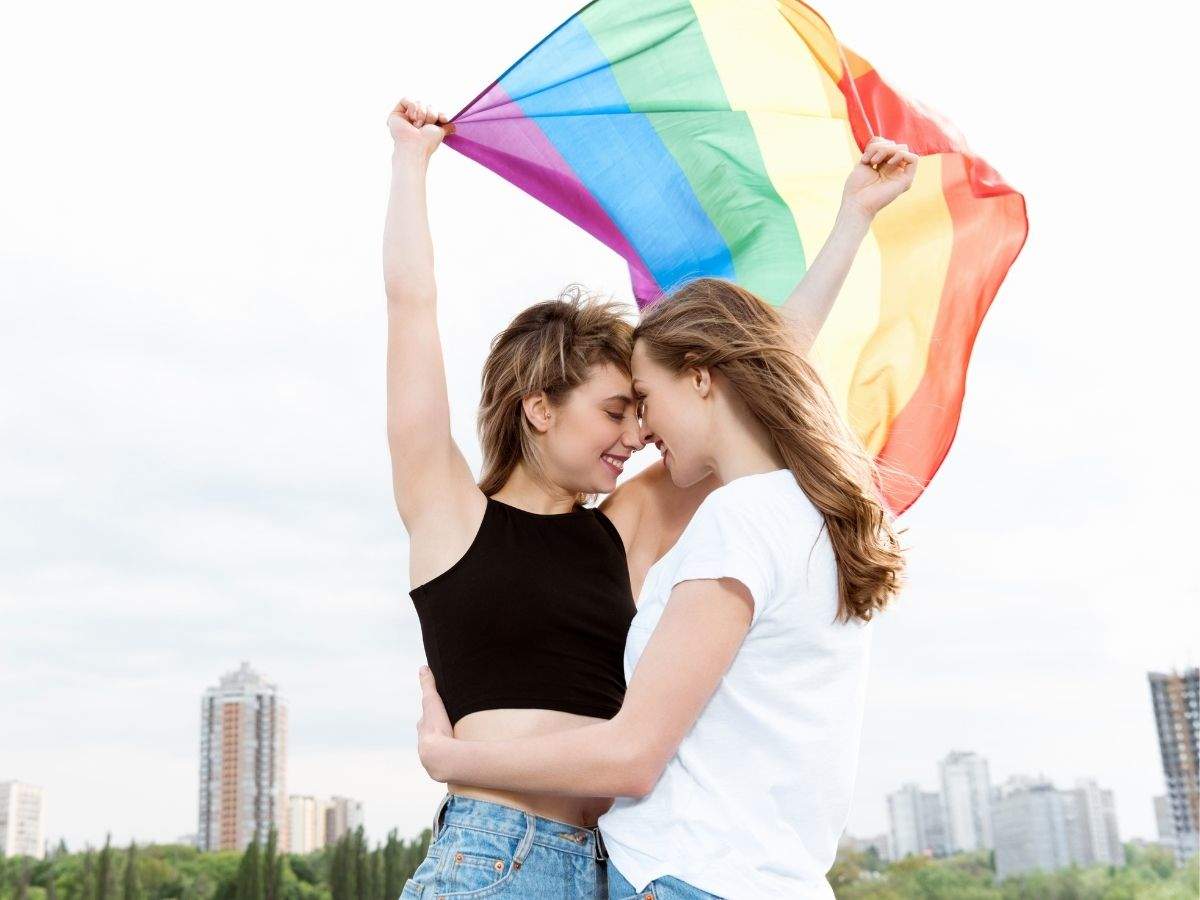
WLW stands for “women who love women.” The term simply refers to romantic and/or sexual relationships between women. In addition, it is also an inclusive term that covers the LGBTQ+ community. This term validates different sexual orientations such as lesbian, bisexual, queer, etc. who form connections with others of the same gender.
Therefore, the “WLW relationship” acknowledges and celebrates the diversity of experiences within same-gender relationships. It is also used to denote a wide range of identities, expressions, and experiences. Basically, it emphasizes the choices of women’s romantic and intimate partnerships.
Read More: 50+ Inspiring Pride Month Quotes
The Ancient Origin of WLW Relationship
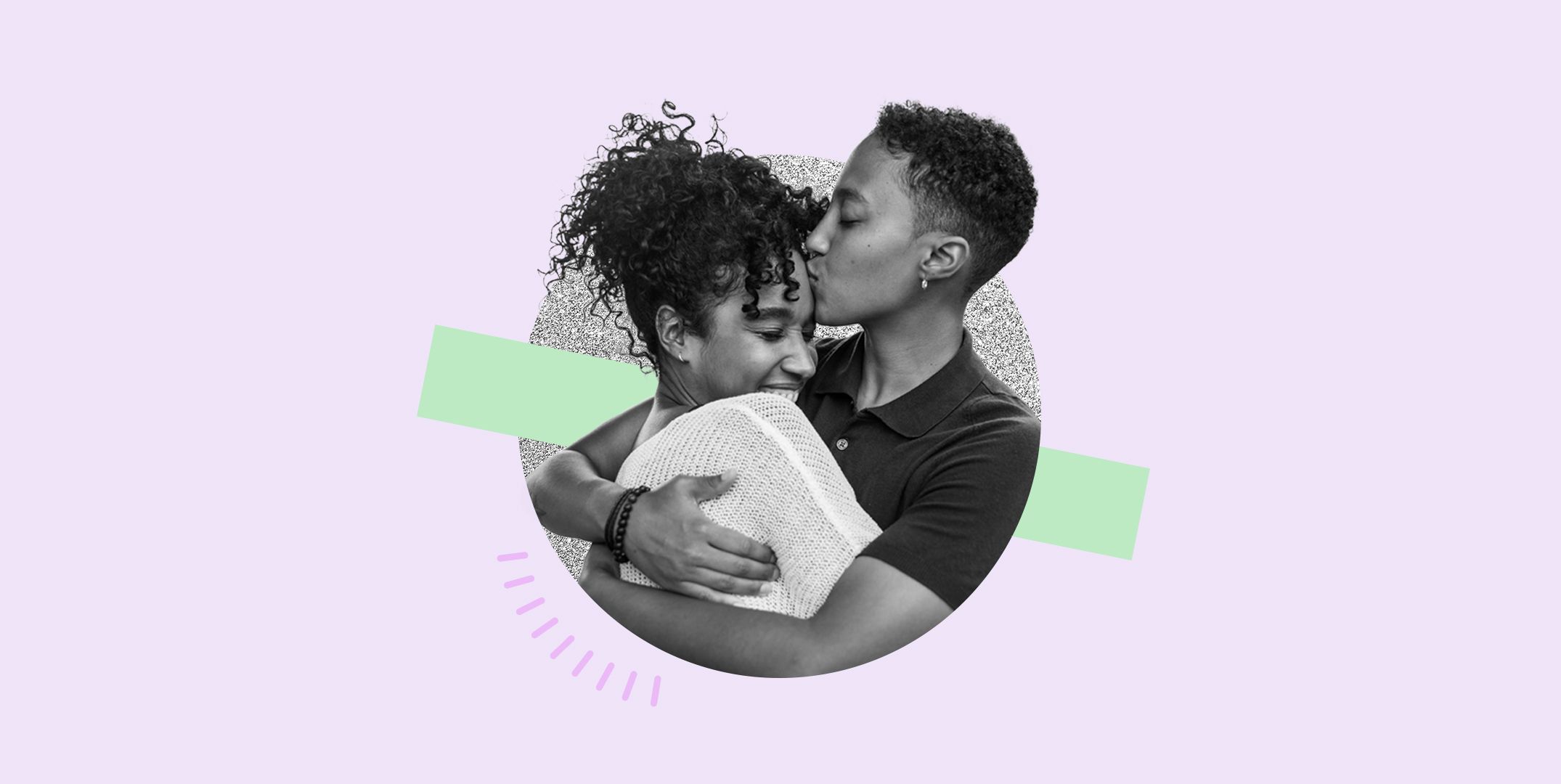
The concept of lesbianism or bisexuality is rooted deep in history. Sappho is one of the most popular poets in ancient Greece who talked about lesbian and bisexual relationships in his writings. Her poems are lyrical representations of women loving women at that age.
Thus, the word Sapphic is used to denote people who are bisexual, pansexual, and queer people. The term WLW became popular on TikTok with #WLW where individuals were talking and creating content about lesbian relationships.
There are Several Other Terms Related WLW
There are several other terms that comes with WLW such as:
- Lesbian: This simply denotes the relationship between two women. They are generally not interested in the opposite gender.
- Bisexual: Bisexual individuals are interested in both the same and opposite sex. In the case of WLW relationships, women who are interested in both female and male identify as bisexual.
- Pansexual: Being attracted to people irrespective of their sex is called pansexuality. Since pansexual women can be attracted to women as well, they can be considered WLW.
- Queer: Queer people identify as non-heterosexual and non-cisgender. In WLW, women who do not necessarily express their orientation but show love to other women may be called as queer.
Read More: 15 best queer rom-com that you should watch
Where Can You Use the Term WLW?
The term WLW or woman loving woman is typically used by lesbians on different social domains. However, bisexual and queer people also use this term to talk about their orientation. In addition, individuals also use this term while texting or conversing on any online platform.
1. Representation and Visibility
The word “WLW” promotes a more inclusive society by validating and normalizing these partnerships. For instance, it has been demonstrated that media portrayals of WLW partnerships significantly improve public opinion and community members’ sense of self.
2. Building Community
The phrase “WLW” fosters a sense of community. It enables women to express their sexual orientations and backgrounds to bond over their common experiences. Therefore, the women loving women or WLW phrase is frequently used by advocacy groups, support groups, and online communities to promote non-binary relationships.
3. Showing Identity
Many women find that using the word “WLW” to characterize their relationships accurately. It acknowledges the complexity of their relationships and attractions. The term also permits to express their personal expression unrestricted by conventional classifications.
Challenges in WLW Relationships

Even in the present society, homosexual relationships are facing different pressurizing issues everywhere. In a society where male domination is prevalent, women face more challenges in expressing their sexual orientation. So, the challenges that WLW relationships generally face are:
1. Societal Acceptance
Despite growing acceptance, WLW relationships still face significant societal challenges. These include discrimination, stigmatization, and legal issues in many parts of the world. Therefore, necessary education is essential to combat these issues and promote equality.
Read More: Strong women standards
2. Oversimplification
Oversimplification of the term WLW relationship is one of the major challenges. WLW covers a wide spectrum of sexual orientation but sometimes people consider it only for lesbian relationships. At the same time, the unique characteristics of lesbian relationships also get merged with other relationship features of WLW.
3. Homophobia
Homophobia is a great challenge for homosexual relationships like WLW relationships. This homophobia can come from the surrounding environment or within oneself.
Generally, the traditional upbringing does not teach about homosexual relationships and other sexual orientations. Thus, women may not express their feelings properly and there is chances of homosexuals being homophobic.
Takeaway
WLW relationships or woman loving woman are not restricted to only lesbian relationships, rather it is quite inclusive. Moreover, this term helps people to present their voices in different social domains as well. Altogether, the usage of the term WLW helps a lot in representing and normalizing homosexual and queer relationships.
Frequently Asked Questions –
What is the literal meaning of the phrase WLW?
The literal meaning of WLW is women loving women. It also includes queer and bisexual orientations.
Can a straight woman become a lesbian?
Straight women may become lesbians due to extreme relationship trauma, however there is no concrete proof.
What are the WLW relationship stages?
Generally, WLW relationship also has similar stages to heterosexuals like dating, serious relationships, then partnerships, etc.


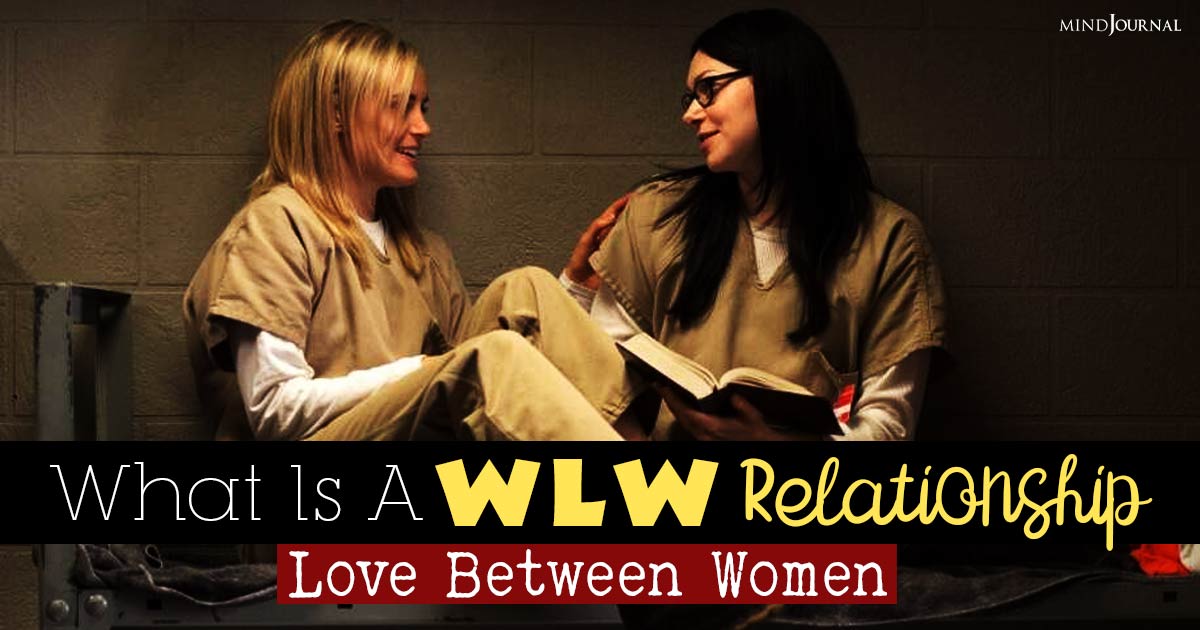
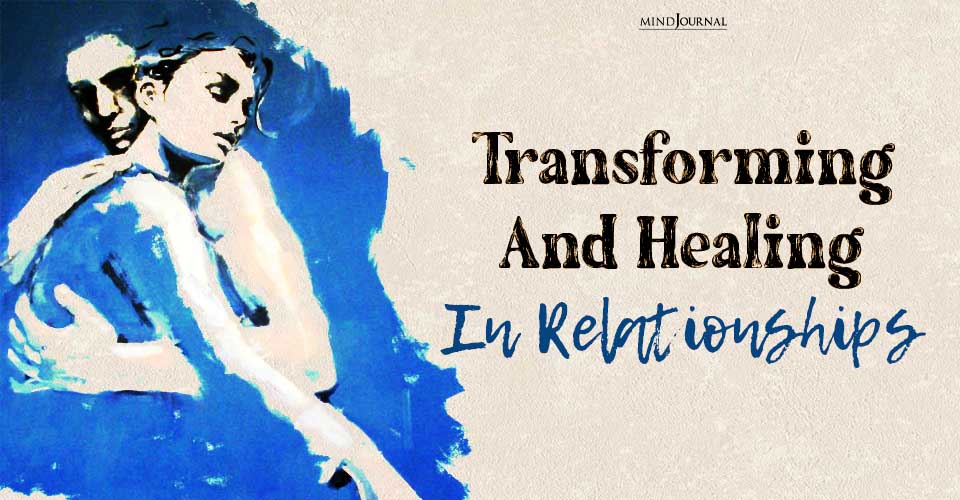

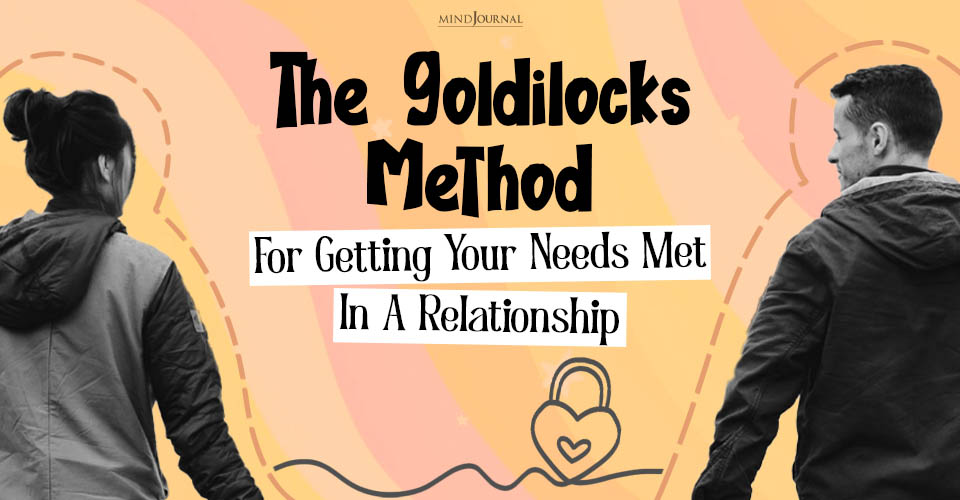


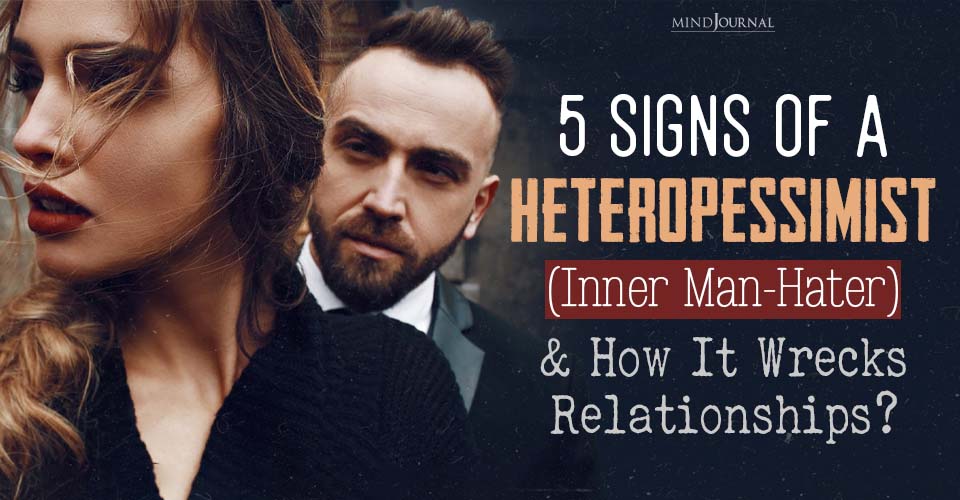

Leave a Reply